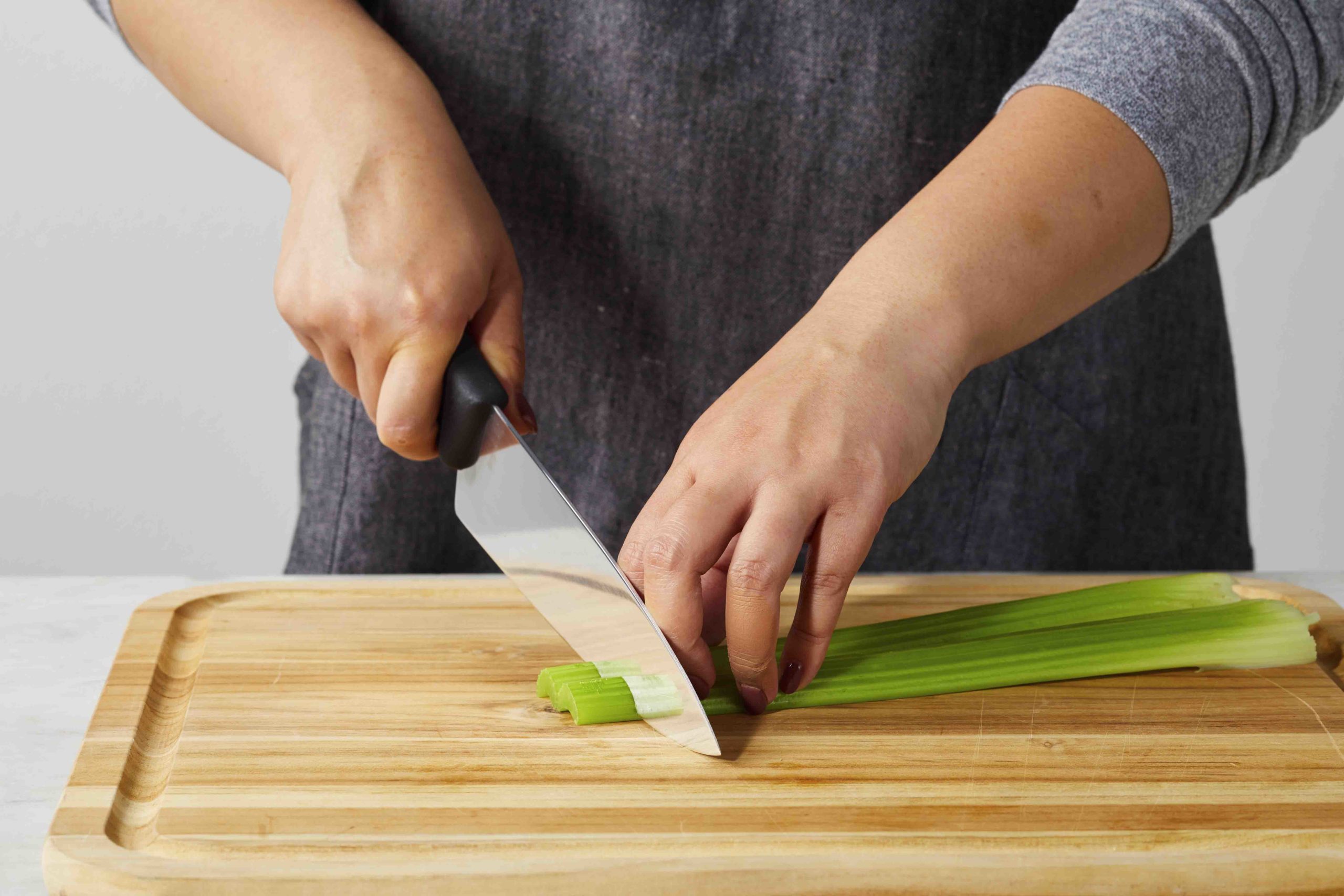How to Wash Your Japanese Knife for Long-lasting Sharpness and Beauty
Written By James Morgan
For barbecue enthusiasts, a sharp and well-maintained knife is indispensable. A Japanese knife is known for its remarkable sharpness, precision, and craftsmanship. Properly washing your Japanese knife is crucial to preserving its edge and appearance. In this guide, we will explore every aspect of how to wash a Japanese knife to ensure it remains in peak condition.

Why Proper Washing is Essential
Caring for your Japanese knife goes beyond ensuring it remains sharp; it's about preserving its craftsmanship and longevity. Unlike regular kitchen knives, Japanese knives are made from high-carbon steel, making them more susceptible to rust and damage if not properly cared for.
For more information on how to store your Japanese knife, visit our [blog](https://www.grilling4all.com/blogs/blog/how-to-store-japanese-knife).

Gathering the Right Supplies
Cleaning Materials
- Soft sponge or cloth: To avoid scratching the blade.
- Mild dish soap: For safe and effective cleaning.
- Warm water: Essential for sanitizing the knife properly.
- Drying towel: To prevent moisture from lingering on the blade.
Proper cleaning begins with the right materials. Gentle cleaning agents and tools are vital to prevent damage to your knife.
Learn about how to clean a Japanese knife properly.

Step-by-Step Guide to Washing Your Japanese Knife
1. Immediate Rinsing
As soon as you're done using the knife, rinse it under warm water to remove any food particles. This prevents staining and makes the washing process easier.
2. Apply Mild Soap
Apply a small amount of mild dish soap to a soft sponge or cloth. Avoid harsh detergents as they can damage the blade's surface.
3. Gentle Scrubbing
Gently scrub the blade, paying special attention to any stubborn food residues. Ensure you clean both sides of the blade as well as the handle.
4. Rinse Thoroughly
Rinse the knife under warm water to remove all soap residues. Ensure no soap remains on the blade as it might cause discoloration over time.
5. Dry Completely
Using a clean towel, dry the knife thoroughly. Moisture is the enemy of high-carbon steel and can lead to rust if not promptly removed.

Common Mistakes to Avoid
When washing your Japanese knife, certain mistakes can degrade its performance and longevity. Be mindful of common pitfalls such as:
- Using abrasive cleaning pads that can scratch the blade's surface.
- Allowing the knife to soak in water, which increases the risk of rust.
- Using the dishwasher, as the pressure and detergent can damage the knife.
For more tips on choosing the right Japanese knife, refer to our blog.
Why It's Important for BBQ Enthusiasts
For barbecue enthusiasts, maintaining your Japanese knife ensures that you can effortlessly prepare your meats and vegetables with precision. A sharp knife helps in evenly slicing meat and achieving those perfectly thin cuts necessary for grilling perfection.
Understanding more about the specific uses of different Japanese knives can elevate your BBQ preparation. Check out [this article](https://www.grilling4all.com/blogs/blog/what-is-a-japanese-deba-knife-used-for).
Additional Tips for Maintaining Your Knife's Edge
Regular Honing
To maintain the sharpness of your Japanese knife, regular honing is essential. Use a traditional honing rod to keep the blade aligned.
Proper Storage
Store your knife in a dry place, preferably in a knife block or on a magnetic strip. This minimizes the risk of damaging the blade or causing injury.
Avoiding Tough Ingredients
High-carbon steel knives are delicate and should not be used on extremely hard ingredients like bones or frozen foods. This will prevent chipping and maintain the blade's integrity.
FAQ Section
Can I use regular dish soap on my Japanese knife?
Yes, as long as it is a mild, non-abrasive dish soap. Harsh detergents can damage the blade and handle.
Is it safe to put my Japanese knife in the dishwasher?
No, the dishwasher's high-pressure water jets and harsh detergents can cause significant damage to your knife. Always hand wash your Japanese knife.
How often should I hone my Japanese knife?
Regular honing is recommended before each use or at least once a week to maintain the blade's sharpness.
Understanding knife skills can significantly enhance your overall cooking experience. Explore more on basic knife skills at this website.
As an Amazon Associate, I earn from qualifying purchases.



